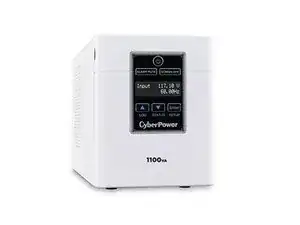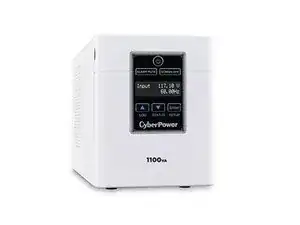Backround
In a medical environment, a stable and uninterrupted power supply is critical to ensure that life-saving equipment like ventilators, anesthesia machines, and patient monitors operate without interruption. A power outage or a voltage surge can damage these sensitive devices or cause life-threatening complications for patients.
Medical UPS units are designed to provide backup power to medical equipment during a power outage or when the main power supply fails. These units typically use batteries that are charged when the main power is available and are capable of providing power for a limited time when the main power supply is not available.
Power control devices, on the other hand, are designed to protect medical equipment from power surges, voltage fluctuations, and electrical noise that can affect their performance. These devices include voltage regulators, surge protectors, and line filters that clean the power supply and remove any interference.
Medical UPS and power control devices are critical components of the electrical infrastructure in hospitals, clinics, and other healthcare facilities, and their proper operation is essential for the safety and well-being of patients and medical staff.
Identification
A medical-grade Uninterruptible Power Supply (UPS) is designed to meet specific standards and requirements for use in healthcare facilities. These standards are established by regulatory agencies such as the US Food and Drug Administration (FDA), the International Electrotechnical Commission (IEC), and the Underwriters Laboratories (UL). A medical-grade UPS system has been tested to meet UL listing 60601-1 standards. These standards ensure the UPS system meets all designated feature and safety protections required for use within patient-care vicinities.
To determine whether your UPS is medical-grade or not, you can look for certain features and certifications:
- Look for the regulatory agency approvals on the label or documentation, such as FDA, IEC, or UL certification.
- Check the specifications of the UPS, such as the maximum allowable leakage current, which is typically much lower for medical-grade UPS compared to standard UPS.
- Verify the UPS has isolation transformers, which help reduce electrical noise and improve safety, which is usually required for medical-grade UPS.
- Check if the UPS has specific features, such as alarm systems or built-in self-testing, that are common in medical-grade UPS.
- Contact the manufacturer or supplier of the UPS and ask if it is a medical-grade UPS.
Overall, if you are uncertain whether your UPS is medical-grade or not, it is best to consult with a qualified professional, such as a biomedical engineer or electrician, to help you identify and evaluate the UPS.

